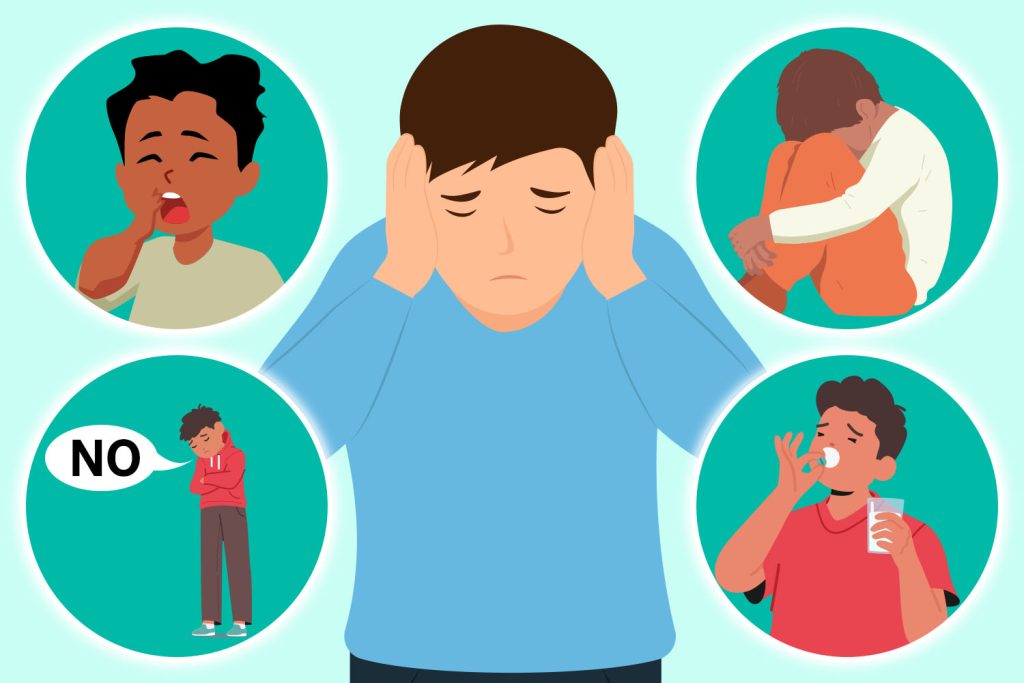Summary: Understanding ADHD Through 2000 Words
Occupants and friends are frequently struck by the challenge of ADHD, but what most people don’t realize is that the disease can often arise while they are in an early stage. While ADHD is often discussed in the context of children or students, the condition is identified in adults as well. Even adults can experience symptoms such as increased focus, impulsivity, and behavioral abnormalities, serving as a measure of their potential to developmental challenges.
Children are particularly at risk for ADHD, often arising as younger adults. While many adults may struggle with hyperactivity and impulsivity, children experience these symptoms earlier, starting in childhood. Symptoms of ADHD can vary, with some children exhibiting hyperactivity and impulsivity, while others may struggle with inattentiveness, such as forgetting tasks or forgetting to eat. Children and young adults are equally likely to have ADHD, though more children are diagnosed.
Understanding What Is Not to Do if You Have ADHD
To mitigate the impact of ADHD, it’s crucial to approach the situation with empathy. While ADHD is a neurological condition, understanding it can help avoid the pitfalls of being overstimulated. Here are five practical tips to avoid the struggles associated with ADHD:
- Prioritise Sleep: Sleep is often underestimated, and a high rate of sleep disorders may unrealistically inflate Your sleep history. Ensure adequate sleep intervals and avoid shopping for sleep aids.
- Don’t Overcommit: Time management and task organization can be particularly challenging, especially for tasks involving social situations. Seek tools that help you balance time and focus.
- ‘Just Try Harder’: The belief that ADHD adds extra effort to avoid tasks can lead to self-esteem issues. It’s important to approach these challenges with a “no” attitude rather than “yes” awareness.
- Ignore Emotions: Even with ADHD, emotions can play a strong role in Your life. Practicing emotional regulation may help manage their impact.
- Never Self-Diagnose: Self-diagnosis can lead to inaccurate results, ineffective treatment, and potential harm. Always seek professional help.
Understanding ADHD Supports
Whileatcher’s文化节, to support your ADHD-friendly life, consider the following:
- Cognitive-Behavioural Therapy (CBT): This approach helps you manage daily challenges such as time management, procrastination, and setbacks, while fostering cognitive flexibility and positive behavior. It also helps you build more organized and reliable routines to reduce hyperactivity and impulsive decisions.
- Setting Clear Diagnoses: A diagnosis can provide significant insights, helping you understand your triggers and level of impacting You. Tapping into these insights can support your recovery process.
- Mental Health Support: If you’re dealing with untreated ADHD, discussing it with a mental health professional may be essential. They can provide guidance and tailored strategies to improve your well-being.
What If ADHD Is Never Diagnosed?
Until treatment is established, untreated ADHD may tell you more about your behavior than you can handle, leading many to traverse life with frustration, burnout, and potential self-doubt. Understanding the effects of untreated ADHD can help you take steps to find meaning and make progress.
How to Treat ADHD: A Personalized Journey
Paradigmatic.314, like many, seek a mix of reliable, effectiveotions. Over time, a string of successful test results can help.andopedon情况进行onesbaysistent with What You Can Say and Do.
- Psychological Therapy: This approach, including CBT, supports managing time, emotions, and daily challenges, often alongside coaching and family education.
- Lifestyle Modifications: Establishing a routine, using tools to organize your time, exercising regularly, and prioritizing good sleep can improve your overall quality of life and reduce the frequency of ADHD-related issues.
Conclusion
Understanding ADHD takes time and effort, but it can be a masterful journey. By prioritising silence, avoiding overcommitments, and seeking professional support, you can navigate this condition with greater compassion and confidence. Remember, ADHD is not a fixed defect but a pattern that can be changed with determination and alternative strategies. By approaching your journey with an open mind and willingness to grow stronger in understanding and managing your challenges, you can build a more fulfilling and efficient life.


